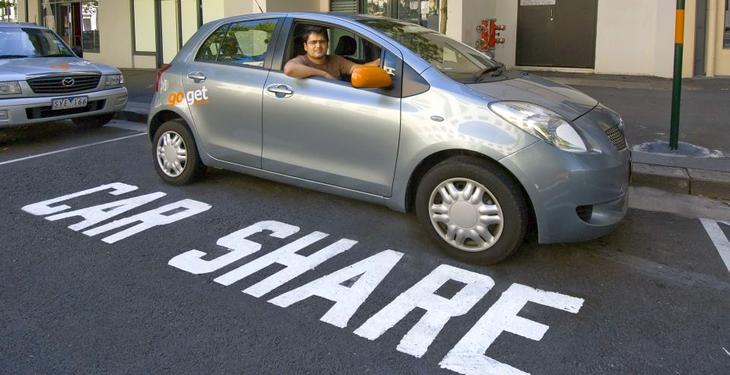The Center for Sustainable Policies Ecopolis has sent an open letter today to the Romanian government requesting it not to legislate by the Emergency Ordinance the activity of car-sharing applications in Romania, especially refering to the most polluted city in Romania, Bucharest, energynomics.ro has learned.
The letter is also supported by the associations 2Celsius, OPTAR and Bucharest Community Foundation.
According to a study conducted at European level, car-sharing applications reduce the number of vehicles on the road and the number of kilometers covered by a vehicle and encourage a change to diversified and sustainable transport that complements public transport and assets (cycling and walking). At the same time, it determines a smaller number of owners of cars, with studies showing the replacement of between 5 and 15 cars for each commonly-used vehicle.
“In this respect, the emergency ordinance announced by the Government would come in contradiction with Law no. 104/2011 on ambient air quality and H.G. 257/2015 on the approval of the Methodology for the development of air quality plans, short-term action plans and air quality plans that provide for urgent measures to reduce pollution, not for increasing pollution,” the representatives of the organization say.
“We call on the Government to consider and bring to public debate proposals to solve the urban pollution crisis, such as: smart-city transport services and regular taxi services to use only Euro 5 cars and more, which would reduce both the pollution level in the center and the need for safety and comfort for users of these services with great environmental impact.”
Romania is in infringement process of air quality, Bucharest frequently crossing the limits of the European standards regarding the pollution level with particulates in suspension PM 10 and PM 2.5.
Romania and Bucharest must urgently take measures to reduce pollution, the main source being traffic and emissions of PM10 and PM2.5 related to traffic, the organization claims.
“In this context, restricting the operation of these applications would not only fail in reducing pollution caused by traffic, but would even considerably worsen the situation.”

